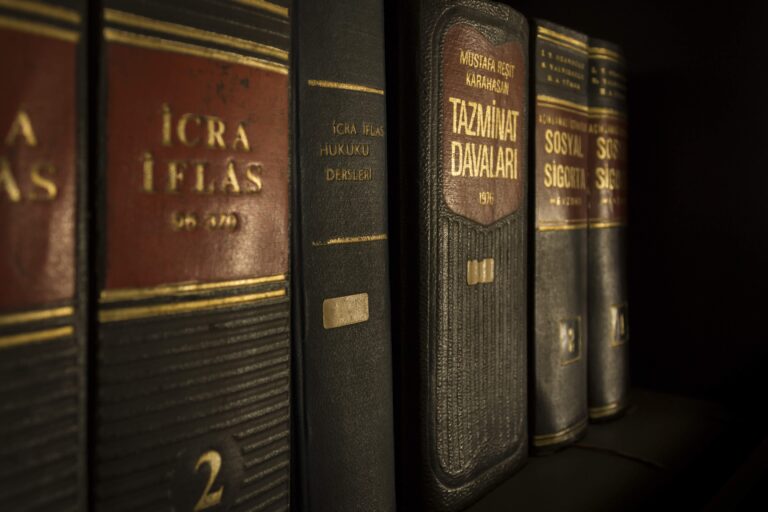The use of DNA evidence is essential for prosecution authorities in criminal law cases. The use of DNA as evidence can help identify whether an offender is responsible for a crime, or alternatively, may exclude a person as being the responsible offender.
The issue of DNA testing in Queensland has been the topic of discussion, with the Queensland Government announcing a Commission of Inquiry into Forensic DNA Testing on 6 June 2022. Heading this inquiry, which commenced on 13 June 2022, is Walter Sofronoff KC. The purpose of the inquiry was to “ensure transparency, identify opportunities for improvement and ensure public confidence in the collection of DNA and testing undertaken in Queensland, and in the criminal justice system”.[1] A final report will be provided by 13 December 2022.
The findings at the commencement of the inquiry resulted in an interim report being released on 15 September 2022. The report, published by Walter Sofronoff KC raises a number of concerns with the current DNA testing techniques, and more specifically, the current statements provided by Forensic Scientists in relation to test results in criminal cases.
At the beginning of 2018, the testing techniques used by the Queensland Health and Forensic and Scientific Services (‘FSS’) changed after they presented a report to the Queensland Police Service (‘QPS’) recommending a more efficient use of their resources. This meant that DNA samples falling into certain ranges would not be fully tested and be identified as “DNA insufficient for further processing” and “insufficient for DNA analysis”. Only at the request of the Police would these DNA samples go through a full testing process. Other States and Territories do not adopt the same processes and the current approach in Queensland has been found to be misleading and incorrect. Professor Linzi Wilson-Wilde, an internationally recognised expert in DNA analysis who was consulted as part of the inquiry, opined that the DNA in these ranges could not be excluded, with the results being potentially sufficient to obtain a partial DNA profile; and sufficient to obtain a full DNA profile.
As a result, Sofronoff KC has recommended all witness statements from FSS from February 2018 with the misleading and incorrect statements of “DNA insufficient for further processing” and “insufficient for DNA analysis” be immediately amended. He has also recommended that the Queensland Government take steps to provide additional funds where required to resolve the current issues.
This is particularly interesting as it may have significant effects on criminal cases throughout Queensland. Further testing procedures will undoubtedly result in further convictions of offenders, and in rare cases, may result in a full acquittal or prosecutions not proceeding further in relation to some offenders.
If you would like to read the interim report in further detail, it can be found in a link on the Queensland Health website here: https://www.health.qld.gov.au/research-reports/reports/review-investigation/commission-of-inquiry-forensic-dna-testing.
[1] The Commission of Inquiry into Forensic DNA Testing in Queensland, Queensland Government 2022 https://www.dnainquiry.qld.gov.au/.
The blog published by Rostron Carlyle Rojas Lawyers is intended as general information only and is not legal advice on any subject matter. By viewing the blog posts, the reader understands there is no solicitor-client relationship between the reader and the author. The blog should not be used as a substitute for legal advice from a legal practitioner, and readers are urged to consult RCR on any legal queries concerning a specific situation.



